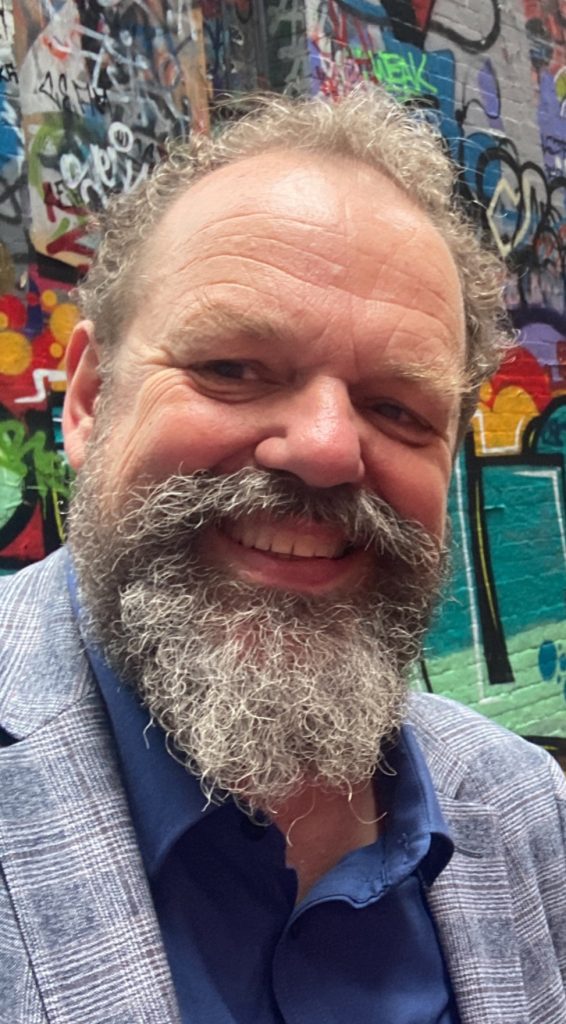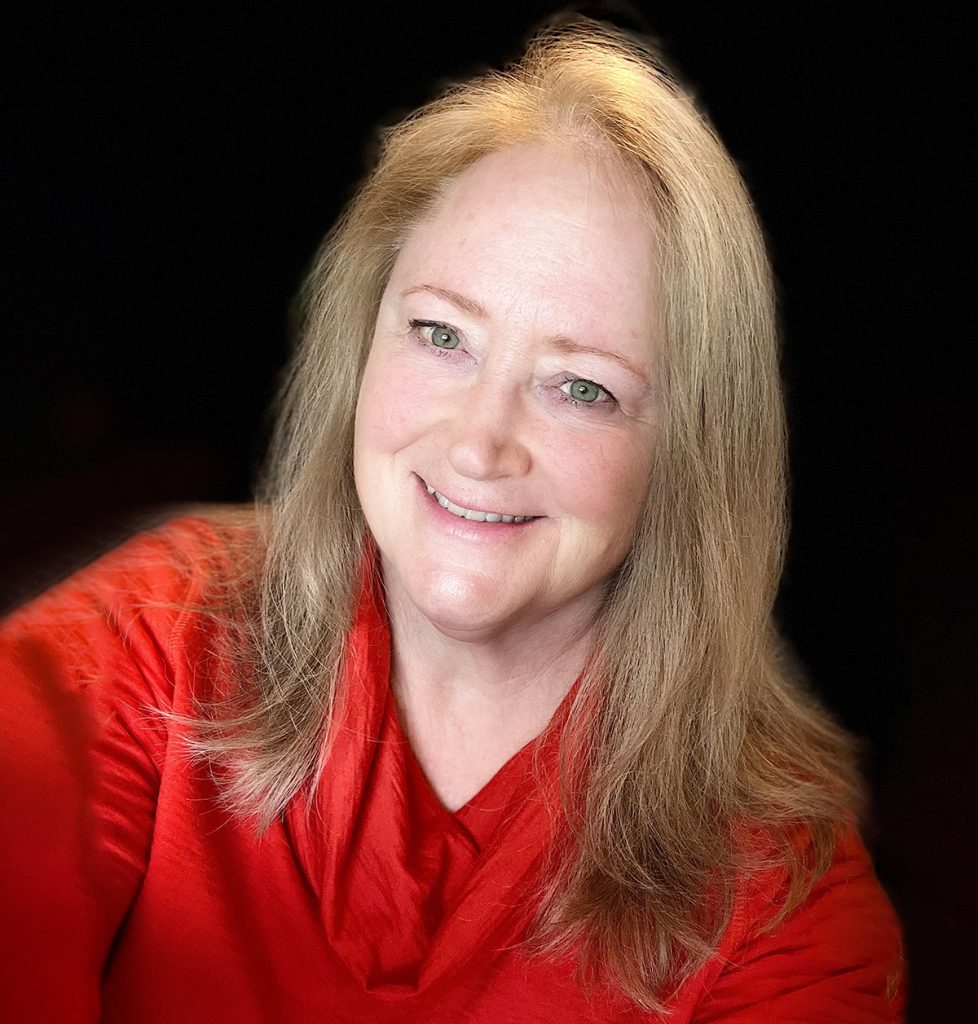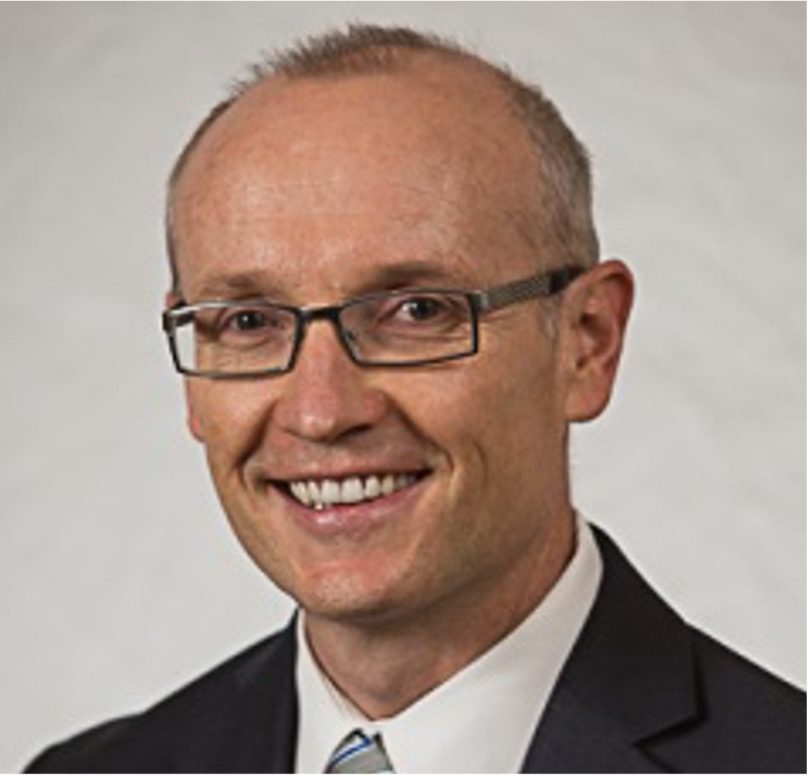Keynote Speakers
Professor Arnold Dix
Being an Engineer in Australia and New Zealand today. What are the courts saying now and why should we care?
Abstract:
Engineers must strike a practical balance between achieving an engineered outcome and risk of death and other undesirable outcomes. The ‘right’ balance changes in time and location and even between endeavours at the same time and place.
The acceptable risk in an underground railway is demonstrably less than in a road tunnel at the same time and place. Balancing other drivers such as sustainability index, adaptive and resilient objectives, climate change and carbon accounting further complicates the trade offs.
In this presentation the idea of “safe enough” is explored as a way of constraining the practice of over-engineering in the name of safety risk management. We don’t have unlimited resources – and engineers must deliver underground.
Professor Dix is the President of the International Tunnelling & Underground Space Association. The Association represents the interests of more than 100,000 global subject matter experts and 79 member nations as the peak Underground NGO to the United Nations.
An accomplished lawyer and scientist/engineer, Professor Dix has longstanding appointments to organisations such as NFPA 130 & 502 as an underground fire safety expert – the peak USA standards body, and to KATZ in Europe as part of the European Unions Chemical, Biological and Radiological resilience program.
Professor Dix has a long history of investigating underground disasters such as the Twin Towers Collapse, the London Bombings and other misfortunes. He provides advice to projects on all continents – sometimes as an expert, a lawyer, a judge or investigator.
He is a Professor of Engineering (Tunnels) at Tokyo City University Japan, as well as a former Partner at two of the world’s leading law firms advising on all things underground.

Professor Susan Krumdieck, Chair in Energy Transition Engineering at Heriot-Watt University, Scotland
Professor Krumdieck is the research director of Transition Lab in the Islands Centre for Net Zero.
The ICNZ was announced in 2021 with £33M in core and matching funding to navigate transition to climate-safe energy in the Scottish Islands by 2030.
She is the co-founder and a Trustee of the Global Association for Transition Engineering (GATE). Transition Engineering is a convergent transdiscipline that, like Safety Engineering, has straight-forward methods and tools for duty of care in meeting sustainability objectives.
Susan has more than 160 peer reviewed publications, and her book Transition Engineering, Building a Sustainable Future (CRC Press, 2020) has received great reviews and sold more than 40,000 copies. Transition Engineering is growing rapidly with training and on-line microcredentials available for 10,000 professionals in the next 12 months.
Her pioneering research over 20 years in New Zealand developed the fundamentals and processes for energy transition with demonstrated application in personal and freight transport, urban form, products and buildings.
Susan is currently focusing on action research from the ground up, and supplying ingenuity to the wicked problems of downshifting unsustainable energy and materials. She is probably most well-known for providing frank, insightful and politically agnostic expert advice about technology options.

Mike Mooney
Mike is the Grewcock Chair Professor of Underground Construction & Tunneling at Colorado School of Mines in the USA.
He directs the R&D Center for Underground as well as the post-graduate degree program and online graduate certificate in Underground Construction & Tunnel Engineering.
Mike teaches courses in tunnel design and construction, support of excavations, civil infrastructure engineering and information engineering. His research involves pressure balance TBM tunneling, large diameter liner design, AI and the digital underground, and prediction/control of ground and building deformation.
He has authored over 200 peer-reviewed publications. Mike is a member of the International Tunnelling Association Committee on Education and Training, the ISSMGE Committee on Underground Construction in Soft Ground, and the US Underground Construction Association. Mike is a registered Professional Engineer and a consultant on numerous tunneling projects in the US and internationally.

